The rapidly evolving automotive industry is challenging the traditional car dealership franchise laws that have long governed how vehicles are sold. As electric vehicles (EVs), online sales platforms, and direct-to-consumer models gain traction, stakeholders are questioning the relevance and adaptability of existing regulations. This shift necessitates an exploration of the potential transformation and future trajectory of car dealership franchise laws.
The Current Landscape of Car Dealership Franchise Laws

Car dealership franchise laws have historically been designed to protect local dealerships from the aggressive expansion tactics of large automakers. These laws, primarily established at the state level, were intended to ensure fair competition and prevent manufacturers from undermining their own franchisees by opening competing outlets or selling directly to consumers. The framework consists of a patchwork of regulations that vary significantly from state to state, with little federal oversight, thereby creating a complex legal landscape for both dealers and manufacturers.
Currently, state regulations play a dominant role in shaping dealership operations, often mandating that new cars be sold through franchised dealerships rather than directly from manufacturers. This state-centric approach has resulted in a diverse array of laws that reflect local economic interests and political influences. Traditional dealerships now face significant challenges in this changing marketplace, including increased competition from online sales platforms and shifts in consumer preferences towards more flexible and direct purchasing options.
Pressures for Change: Technological and Market Dynamics

The rise of electric vehicles (EVs) and autonomous cars is exerting immense pressure on the traditional dealership model. EV manufacturers like Tesla have capitalized on direct-to-consumer sales models, bypassing conventional dealerships entirely. This shift is not just about selling cars but also about providing customers with a comprehensive experience that includes software updates, maintenance, and customer support, typically facilitated through a direct relationship with the manufacturer.
Digital sales platforms and online marketplaces are further disrupting traditional sales channels. Companies like Carvana and Vroom have pioneered online car purchasing experiences, offering consumers the convenience of purchasing vehicles from their homes. This model caters to a growing consumer demand for direct sales, challenging existing dealership laws that bar manufacturers from selling directly to consumers. As consumers increasingly demand transparency and efficiency in their purchasing experiences, there’s mounting pressure on legislators to reconsider the current legal frameworks governing car sales.
Legislative Responses and Industry Advocacy

In response to these pressures, there have been recent legislative efforts and proposals to reform dealership franchise laws. States like Arizona and Michigan have seen legislative battles over the rights of manufacturers like Tesla to sell directly to consumers. Some states have begun to relax restrictions, allowing more flexibility in how vehicles can be sold. However, these changes are often met with resistance from traditional dealership associations, which argue that such reforms could undermine local economies and reduce consumer protection.
Key industry stakeholders, including automakers and dealership associations, are actively lobbying for or against legislative changes. The National Automobile Dealers Association (NADA) has been a vocal advocate for maintaining the franchise model, emphasizing the role of dealerships in providing personalized service and supporting local economies. Conversely, tech-savvy automakers and consumer groups argue for more progressive laws that embrace technological advancements and consumer preferences. In some countries, such as Norway, the adaptation of dealership laws to accommodate new technologies and sales models has been more successful, offering potential case studies for future legislative efforts.
Potential Future Scenarios for Dealership Franchise Laws
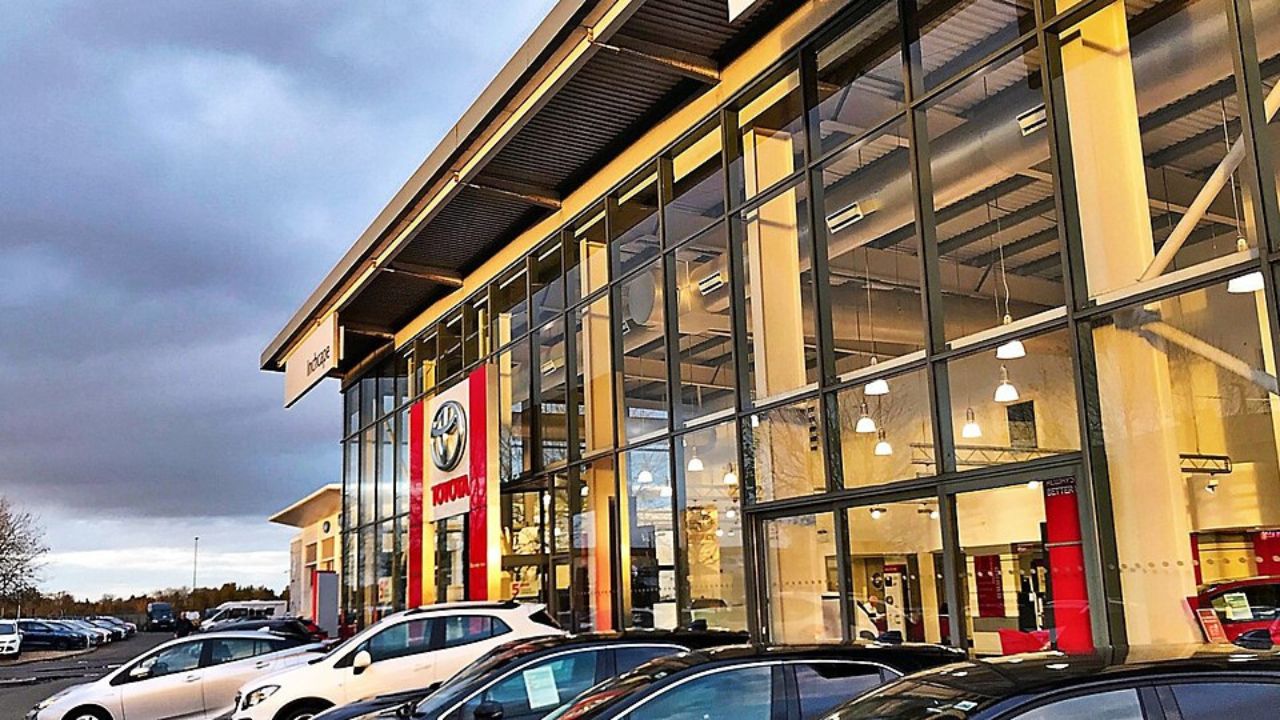
Looking ahead, it’s possible to envision various scenarios for the evolution of dealership laws over the next decade. A potential outcome is the emergence of hybrid models that blend traditional dealership elements with direct sales approaches. This could involve manufacturers partnering with existing dealerships to offer a more integrated and seamless consumer experience. Such models could leverage the strengths of both direct sales and traditional dealerships, providing consumers with greater flexibility and choice.
The implications of reformed dealership laws are far-reaching for manufacturers, dealers, and consumers. For manufacturers, a more flexible regulatory environment could enable greater control over branding and customer relationships. Dealers might focus more on service and maintenance, as well as enhancing the in-person buying experience. Consumers would likely benefit from increased competition, potentially leading to better prices and services. However, these changes would require careful navigation of existing legal frameworks and collaborative efforts among all stakeholders.
Challenges and Opportunities in Reforming Dealership Laws
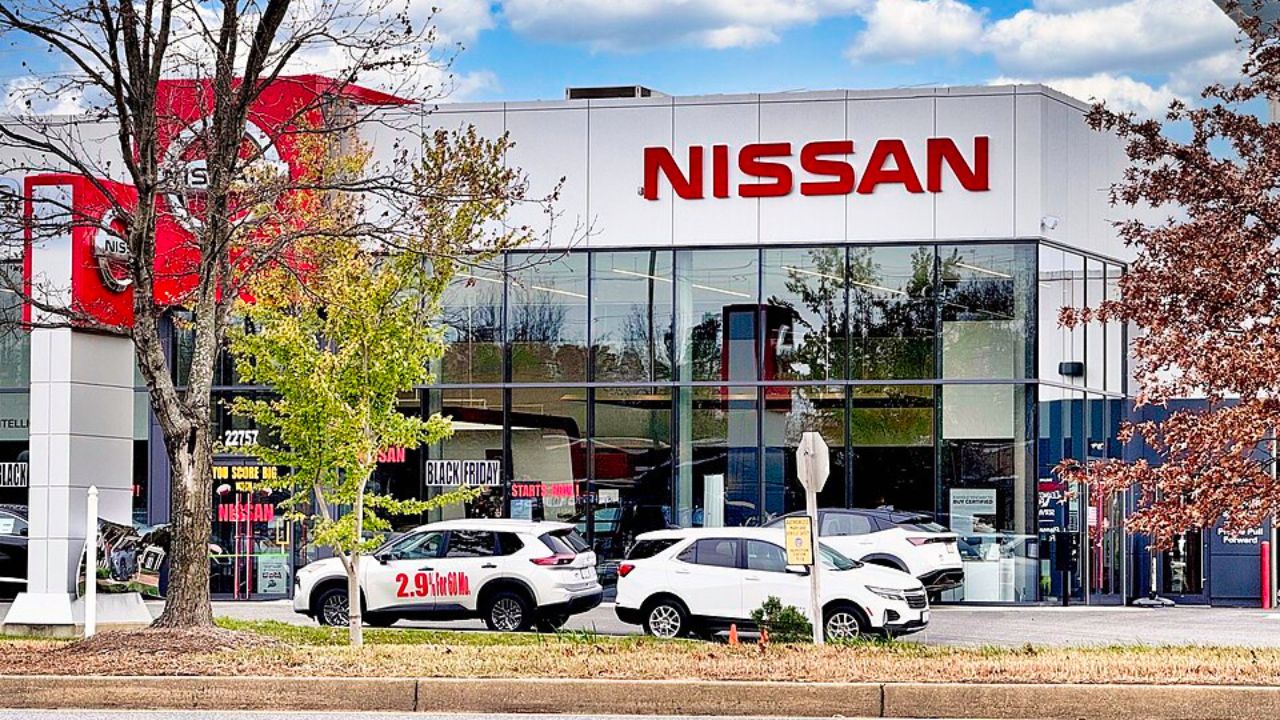
Reforming entrenched dealership frameworks presents both legal and logistical hurdles. Many states have strong dealership lobbies that are resistant to change, fearing that new laws could diminish the role of traditional dealerships. Legal battles over direct sales are likely to continue, with courts being called upon to interpret existing laws and their applicability to modern sales models. Despite these challenges, there are significant opportunities for innovation and growth within a more flexible legal environment.
One of the most promising opportunities lies in fostering collaboration between automakers, dealers, and legislators. By working together, these stakeholders can create a regulatory framework that accommodates modern technological advances while safeguarding consumer interests. This collaboration could lead to the development of innovative sales models that enhance customer satisfaction and drive industry growth. Ultimately, the future of car dealership franchise laws will depend on the ability of all parties to adapt to changing market dynamics and embrace a more flexible and consumer-centric approach.
Like Fast Lane Only’s content? Be sure to follow us.
Here’s more from us:
*Created with AI assistance and editor review.

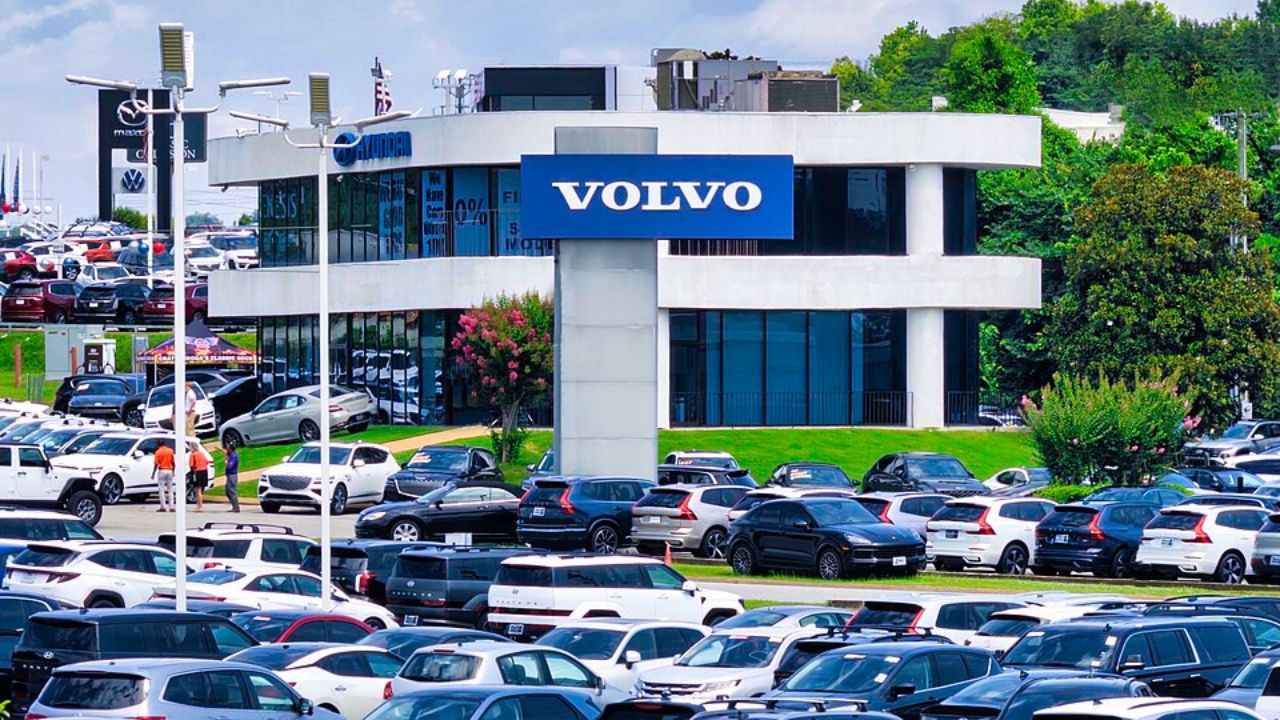

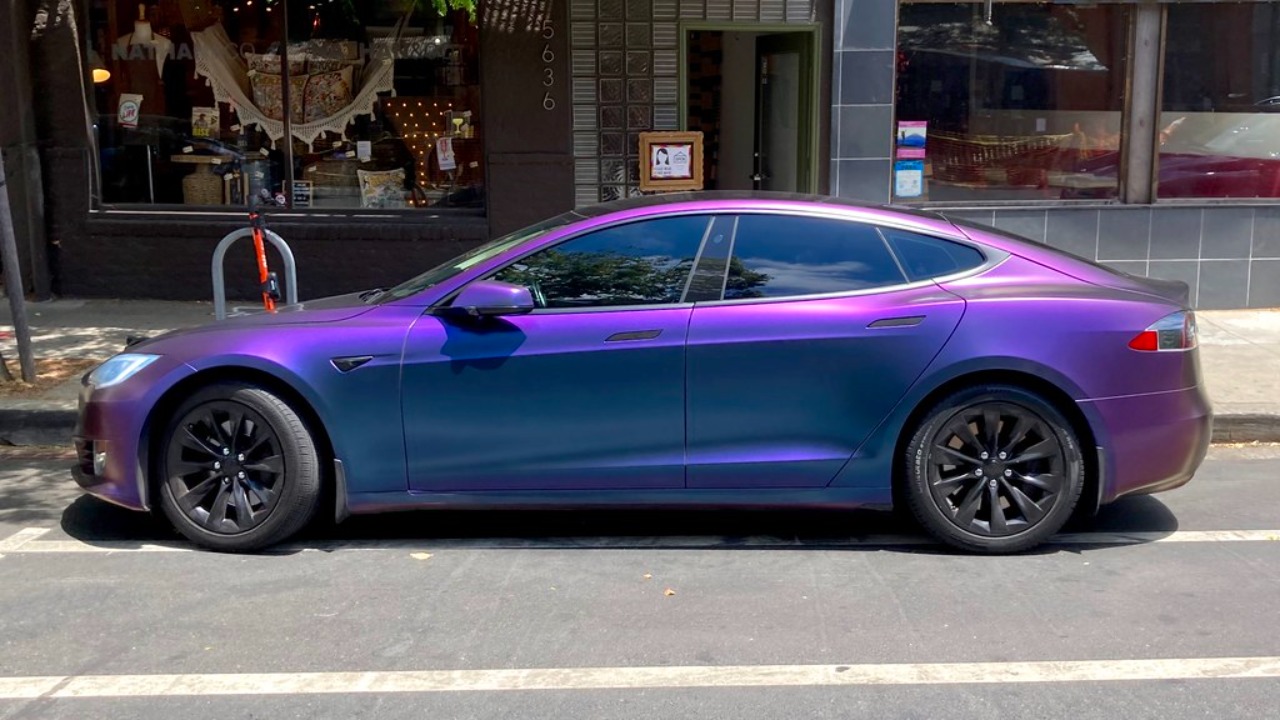
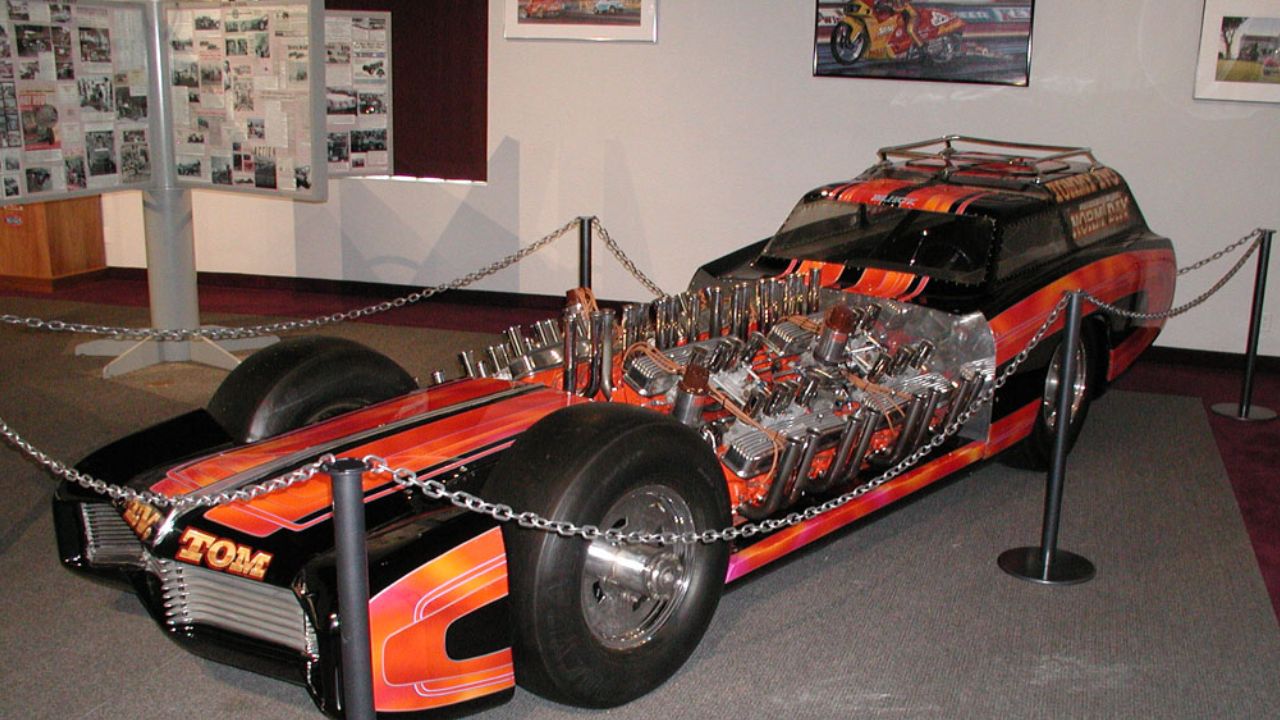

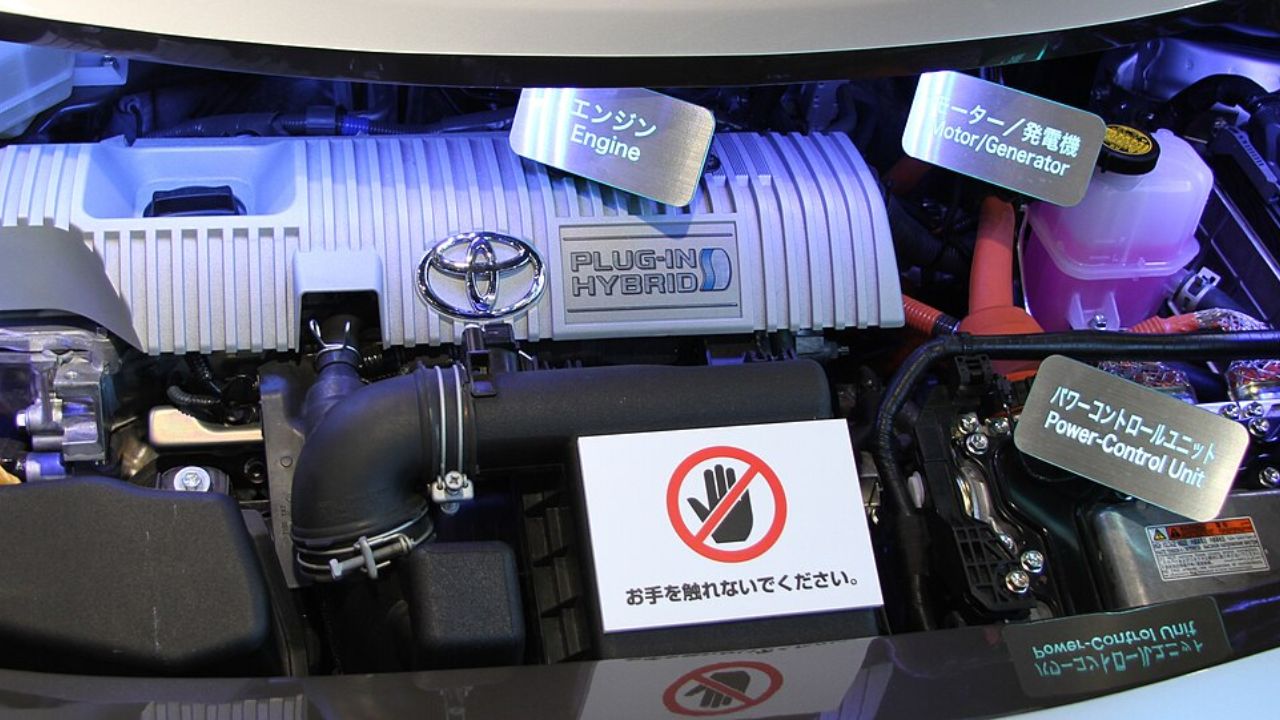
Leave a Reply